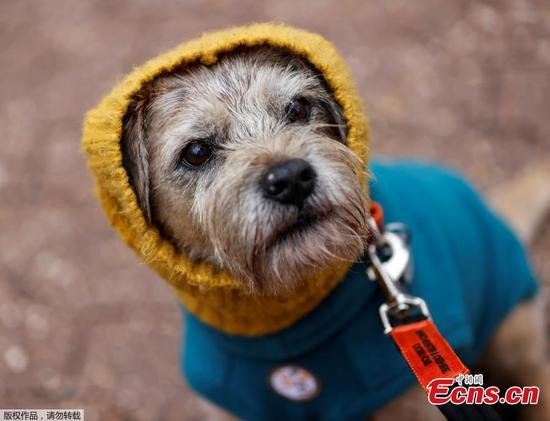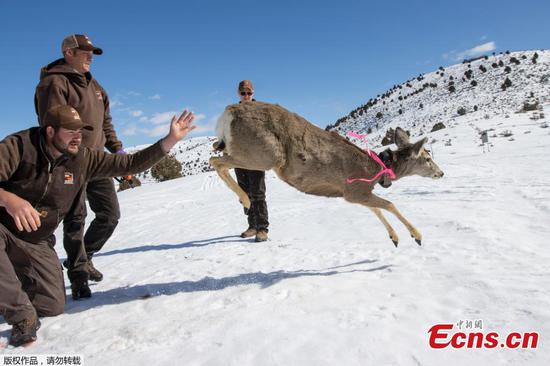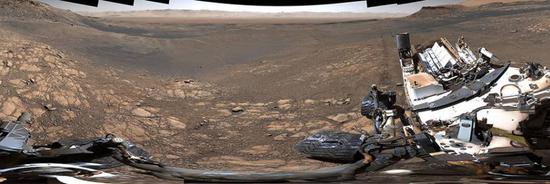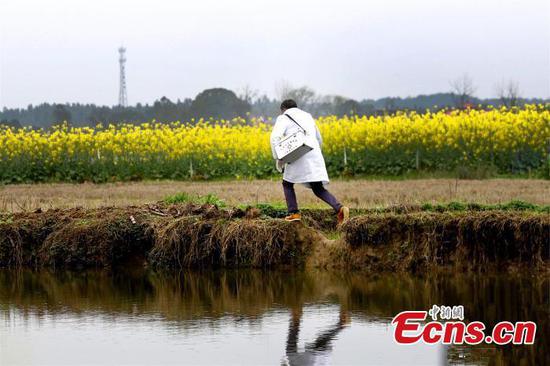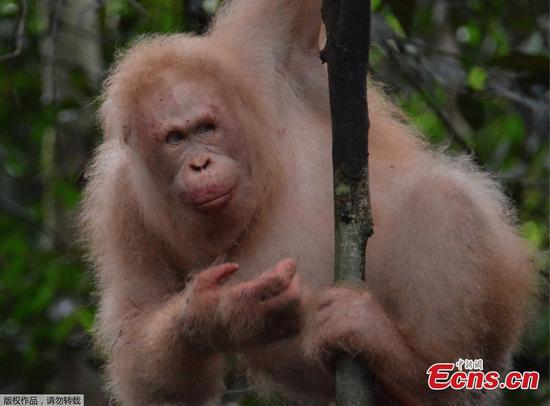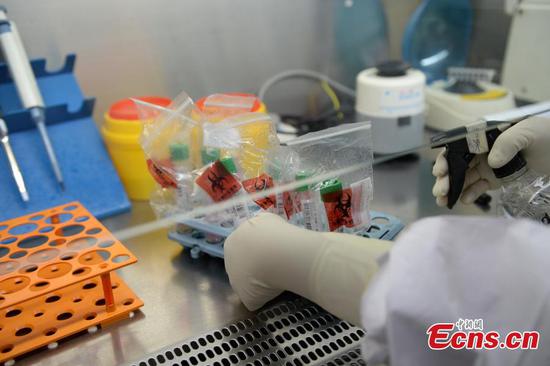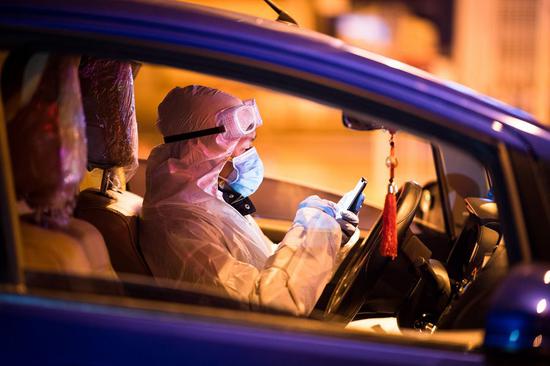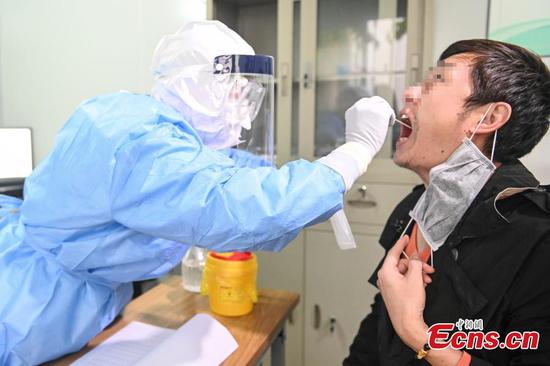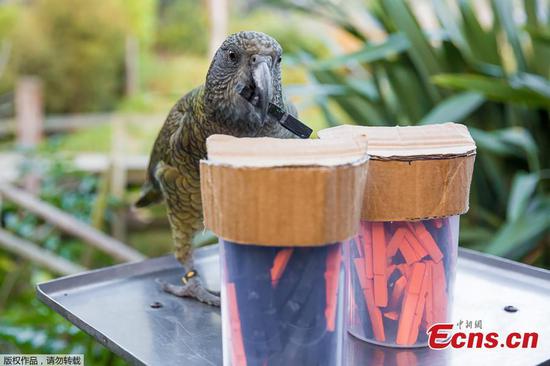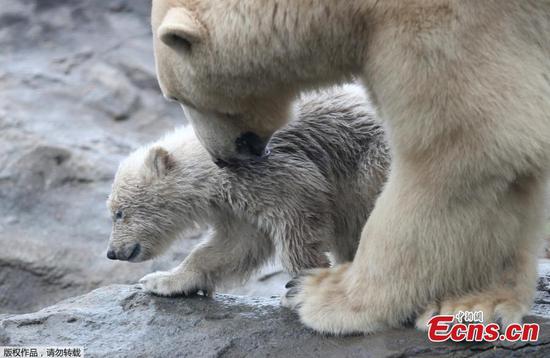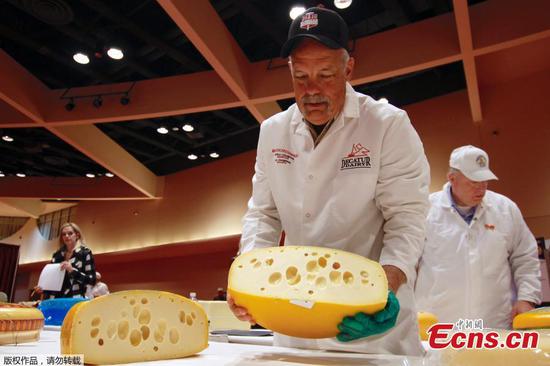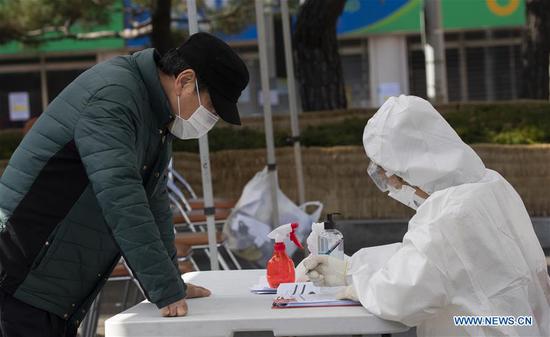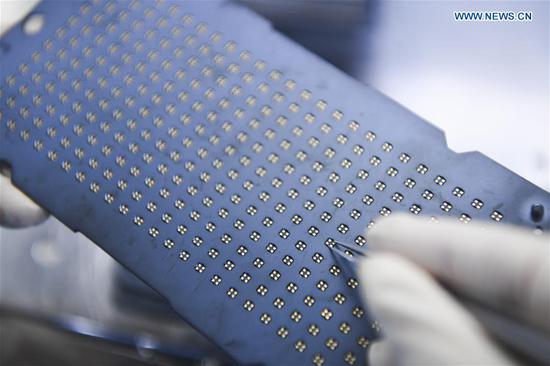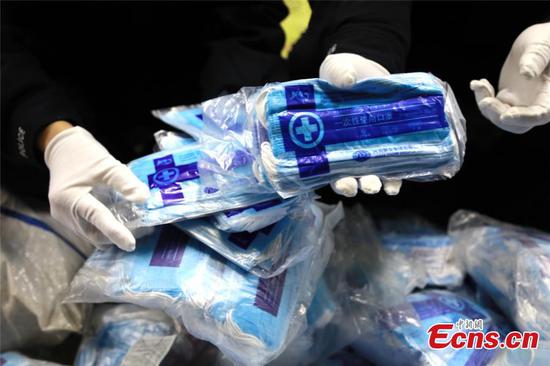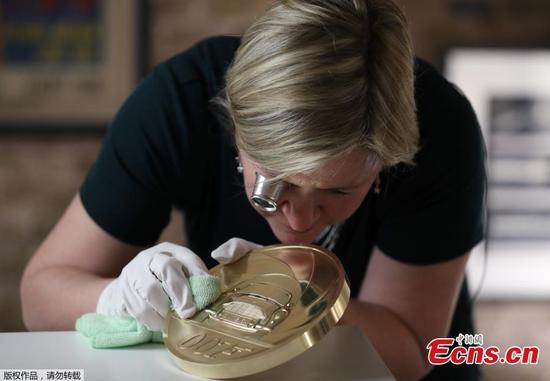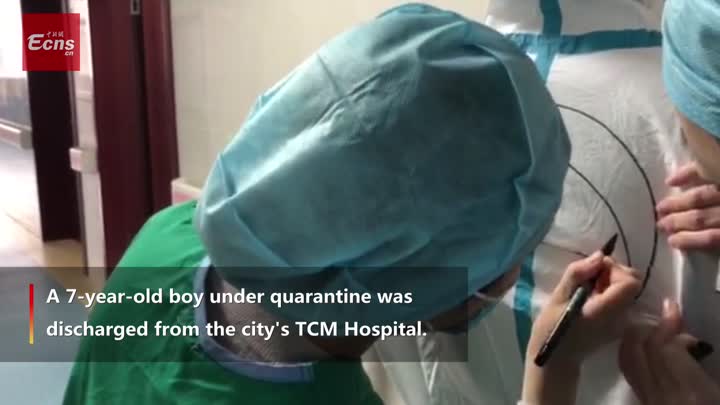
Thomas Sit, assistant director of Agriculture, Fisheries & Conservation (AFCD), HKSAR, tells the press that genetic sequencing tests are being carried out on the pet dog of a confirmed COVID-19 patient on March 5, 2020. (Photo Courtesy of GovHK)
Genetic sequencing tests are being carried out on the pet dog of a confirmed COVID-19 patient in Hong Kong, which could reveal if the virus has mutated or not, an official of the Hong Kong Special Administrative Region (HKSAR) government's Agriculture, Fisheries & Conservation Department said on Thursday.
The department's Assistant Director for Inspection & Quarantine Thomas Sit told a press briefing on Thursday afternoon that the coronavirus is what is known as an RNA virus which eventually mutates.
"That is why the University of Hong Kong School of Public Health needs to do a genetic analysis to compare this dog's genetic sequencing to the virus isolated from the patient so that they can compare. So if it is totally identical, then there is no mutation. The testing is still ongoing."
Sit reiterated that international experts agreed that the dog has a low level of infection, despite its blood tests not being ready yet.
"From the first sample to our last sample tested, it has already (been) six days. The dog's nasal or oral mechanism, their secretion they should have - if contaminated - they should have a way to clean the virus, it would not stay for that long if it was just a contamination," he said.
"I think it will take at least five or seven days for the blood results because it is not an easy test, it is not a quick test. We need to grow a virus and then neutralize the serum, so it takes some time," he added.
Sit added that it was too early to say whether animal-to-animal transmission was a possibility.
"At this stage, we do not have enough data to have a 100-percent answer as to whether it is infectious to other dogs or not. But if the dog's owner is positive, it is better to take precautionary measures to prevent onward transmission," he said.
Sit also advised dog owners to wash their hands, wear gloves and try to stop their dogs from licking their surroundings to prevent the virus from spreading further.












